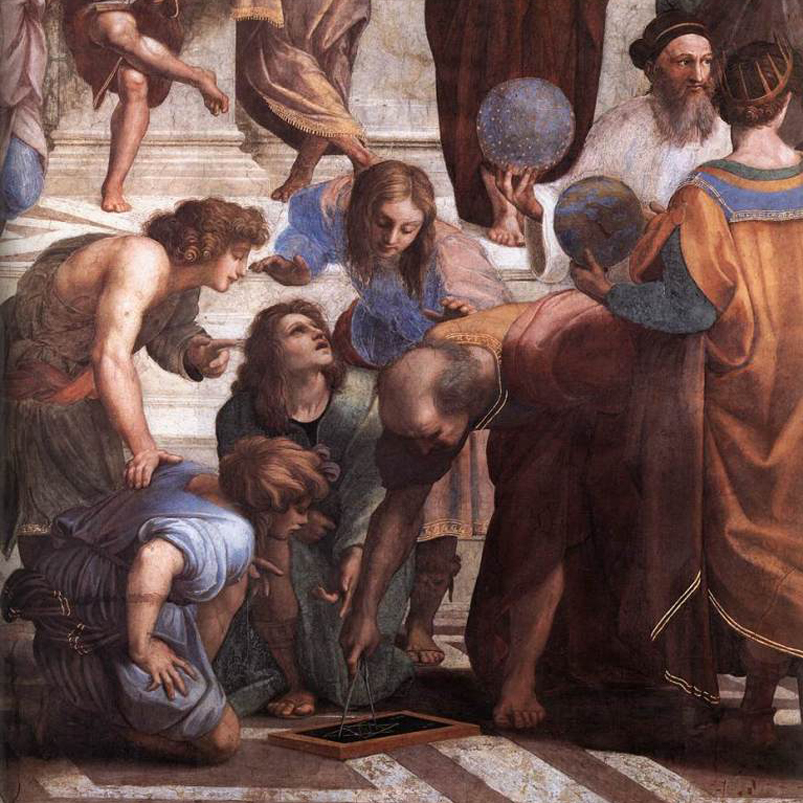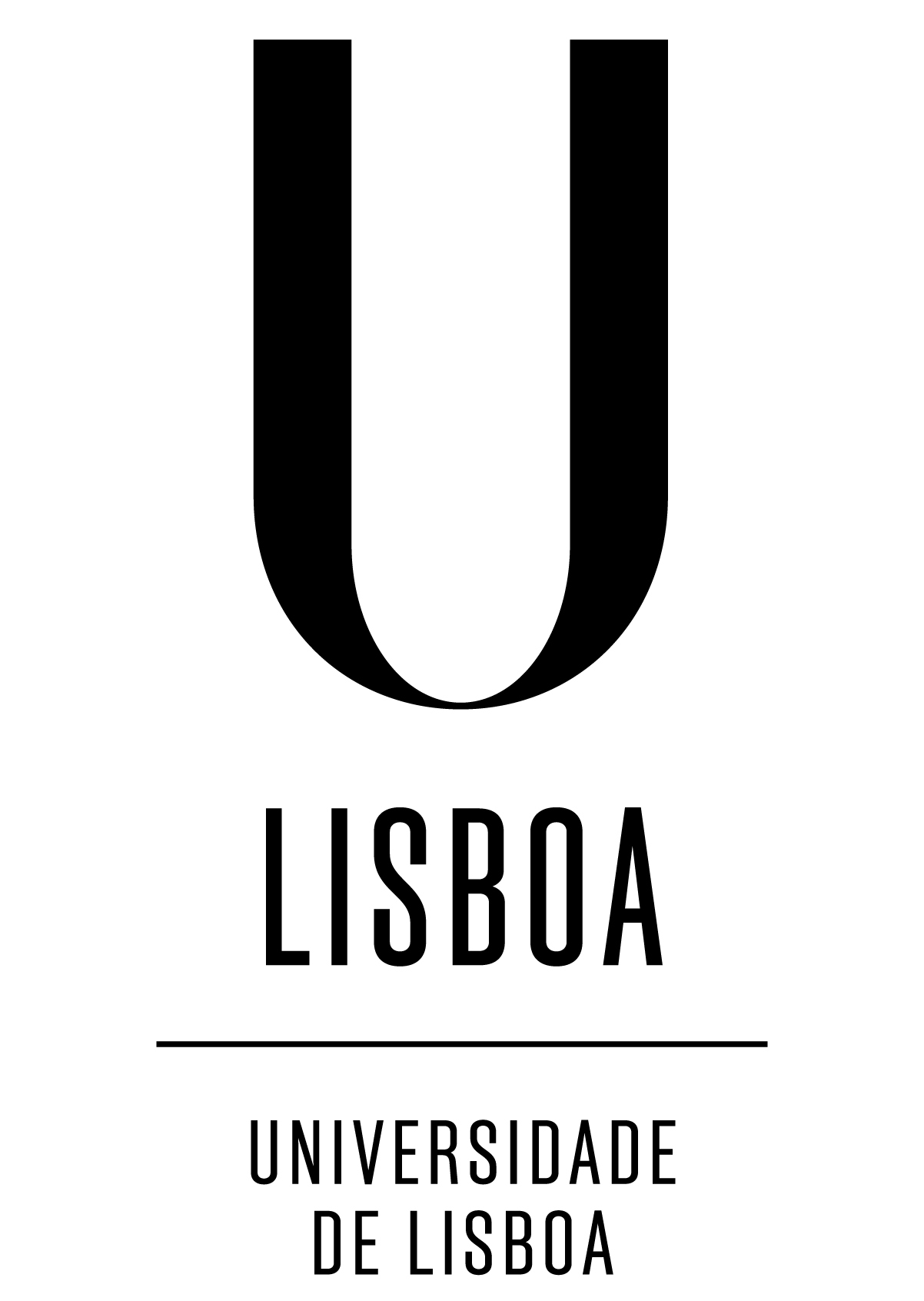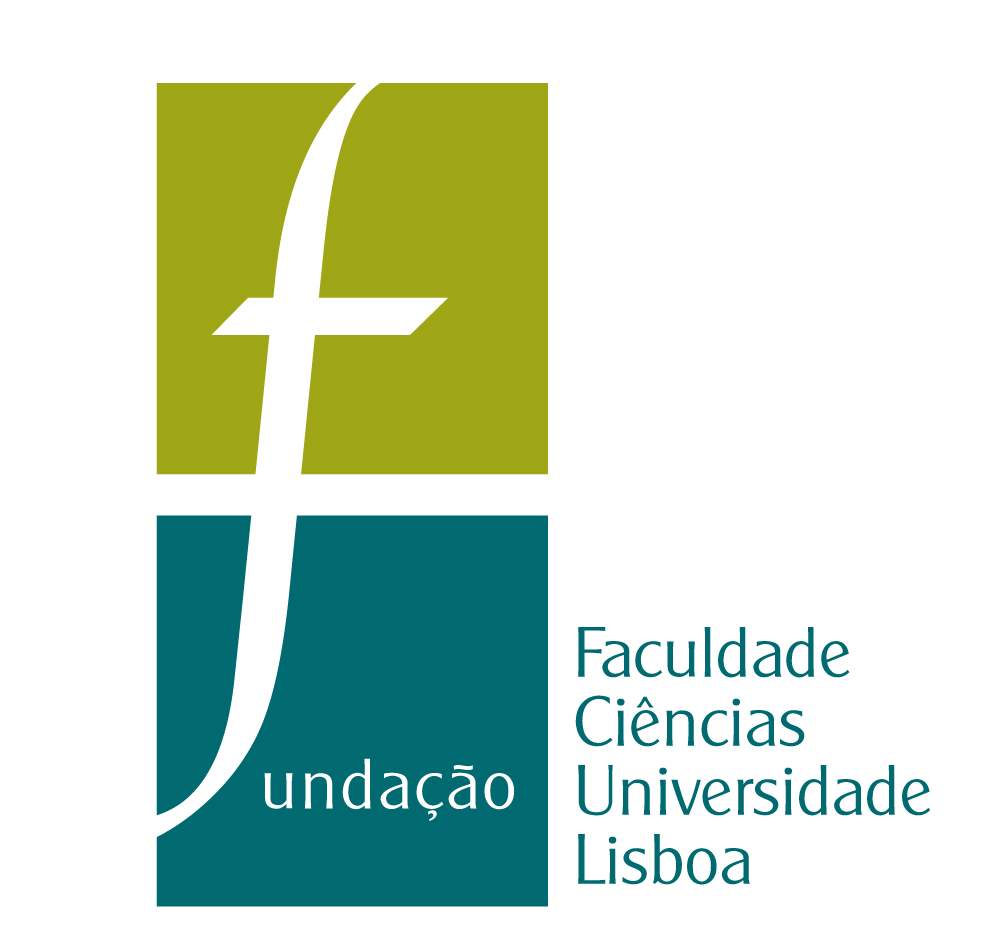Daniele Molinini
Bio | Situação no CFCUL | Produção Científica | CV

Bio || Bio
Daniele Molinini is currently Principal Investigator at FCUL, University of Lisbon, where he develops his research project Disclosing the Role of Visual Reasoning and Mathematical Diagrams in Scientific Explanation. He graduated in Physics at the University of Bologna in 2005, with a thesis in bioinformatics and computational biology. After his degree in physics he got a research fellow at the Department of Genetics, University of Ancona, and in 2006 he enrolled in the Logic Philosophy History and Sociology of Sciences (LOPHISS) Master at the University of Paris 7. He concluded his master one year later and in 2011 he got a PhD in Epistemology, History and Philosophy of Science from the same university, with a thesis in philosophy of mathematics. His dissertation Toward a Pluralist Approach to Mathematical Explanation of Physical Phenomena, supervised by Prof. M. Panza, has been awarded with the highest distinction for a PhD thesis in France. During his PhD Daniele joined the SPHERE research group in Paris. He also visited the Department of Mathematics at UNAM, Mexico City, and the LOGOS Group at the University of Barcelona. In November 2012 he got a 1-year postdoctoral fellowship Fernand Braudel-IFER Outgoing from the FMSH (Paris) and the European Union (Action Marie Curie 7th PCRD). As Braudel fellow, he developed his project Testing the Viability of a Common Theoretical Framework Within Different Kinds of Mathematical Explanations in Science inside the LOGOS group. In 2013 he moved to Rome, where he started a collaboration with the research group of Prof. Mauro Dorato at the Department of Philosophy, University of Roma Tre. In 2016 he obtained a 1-year postdoctoral fellowship from the Department of Philosophy, University of Roma Tre, and worked inside the FIRB project Structures and Dynamics of Logic and Cognition. In january 2017 Daniele was appointed FCT Investigator at the Faculty of Sciences, University of Lisbon.
Áreas de Interesse || Current Research
- Philosophy of Mathematics
- Philosophy of Science
- Physics
- Metaphysics
- Mathematics
Situação no CFCUL || Position at the CFCUL
Membro Integrado Doutorado/Investigador FCT
Grupos de Investigação || Research Groups
Epistemologia e Metodologia (Membro)
Participação em Projectos || Participation in Projects
Disclosing the Role of Visual Reasoning and Mathematical Diagrams in Scientific Explanation. Principal Investigator: Daniele Molinini.
Contactos || Contacts
Campo Grande, Edificio C4, Piso 3 1749-016 Lisboa Portugal
+351 217 500 365 (Ext. 24324)
ORCID
Produção Científica (Selecção) || Scientific Production (Selection)
Publicações || Publications
Livros / Books
- Molinini, D. (2014). Che Cos'è una Spiegazione Matematica. Roma: Carocci Editore (ISBN 978-88-430-7351-1).
- Molinini, D. (2011). Towards a Pluralist Approach to Mathematical Explanation of Physical Phenomena. Lille: ANRT (ISBN 9782729583828).
Capítulos de Livros / Book Chapters
- Molinini, D. & Panza, M. (forthcoming 2019), Le problème de l’application des mathématiques, in Wagner, P., Panza, P., Poggiolesi, F. and Arana A. (eds.), Précis de Philosophie des Mathématiques et de la Logique, Editions de la Sorbonne, Paris. [38 pages]
- Molinini, D. (2018), Parsimony, Ontological Commitment and the Import of Mathematics, in Piazza, M. and Pulcini, G.(eds.), Truth, Existence and Explanation, Boston Studies in the Philosophy and History of Science, Vol. 334, Springer, pp. 189-207. [19 pages]
Artigos / Articles
- Molinini, D. (2019), Intended and Unintended Mathematics: The Case of the Lagrange Multipliers, Journal for General Philosophy of Science (Springer). DOI: 10.1007/s10838-019-09483-5. [21 pages]
- Molinini, D. (2019). The Weak Objectivity of Mathematics and its Reasonable Effectiveness in Science, Axiomathes (Springer). DOI: 10.1007/s10516-019-09449-8. [15 pages]
- Molinini, D. (2018), The because of Because Without Cause, Philosophia Mathematica, 26(2), pp. 275-286. [12 pages]
- Molinini, D., Pataut, F. & Sereni A. (2016). Indispensability and Explanation: an Overview and Introduction. Synthese, 193(2), pp. 317-332.
- Molinini, D. & Friend M. (2016). Using Mathematics to Explain a Scientific Theory. Philosophia Mathematica, 24(2), pp. 185-213.
- Molinini, D. (2016). Evidence, Explanation and Enhanced Indispensability. Synthese, 193(2), pp. 403-422.
- Molinini, D. (2016). The Epistemological Import of Euclidean Diagrams (in a non-Euclidean world). Kairos, 16(1), pp. 124-141.
- Molinini, D. & Panza, M. (2014). Sull’applicabilità della Matematica. In A. Varzi & C. Fontanari (Eds.), La matematica nella società e nella cultura - Rivista della Unione Matematica Italiana, Serie I, Vol. VII, pp. 367-395.
- Molinini, D. (2014). Deductive Nomological Model and Mathematics: Making Dissatisfaction more Satisfactory. THEORIA. An International Journal for Theory, History and Foundations of Science, 29(2), pp. 223-242.
- Molinini, D. (2013). La Spiegazione Matematica. APhEx Portale Italiano di Filosofia Analitica, n.7.
- Molinini, D. (2012). Learning from Euler. From Mathematical Practice to Mathematical Explanation. Philosophia Scientiae, 16(1), pp. 105-127.
- Molinini, D. & Sus, A. (2010). Causality and Explanation in Physics, Biology and Economics. The Reasoner, 4(4), pp. 60-61.
- Molinini, D. (2009). The First Sicilian School of Translators. Nova Tellus, 27(1), pp. 191-205.
- Fariselli, P., Molinini, D., Casadio, R. & Krogh, A. (2007). Prediction of structurally determined coiled-coil domains with hidden Markov models. In S. Hochreiter & R. Wagner (Eds.), Bioinformatics Research and Development, LNBI (pp. 292-302). Berlin: Springer Verlag.
Actas / Proceedings
- Molinini, D. (2014). What’s the Matter with the Deductive Nomological Model?. In T. Archibald (Ed.), Proceedings of 38th Annual Meeting of the Canadian Society for History and Philosophy of Mathematics, vol. 25 (pp. 125-136). Burnaby (CA).
- Molinini, D. (2010). Understanding, Visualizability and Mathematical Explanation. In F. Arzarello, V. Durand-Guerrier & S. Soury-Lavergne (Eds.), Proceedings of the Sixth Congress of the European Society for Research in Mathematics Education (pp. 181-190). Lyon: INRP.
- Molinini, D. (2010). Using Numbers to Drive in Nails. Boletín de la Sociedad de Lógica, Metodología y Filosofía de la Ciencia, Special Edition, December 2010.
Reuniões Científicas || Scientific Meetings
INVITED TALKS
- “Ecco perché (secondo alcuni) i numeri esistono!”, conference Matematica e filosofia per un nuovo percorso formativo, Department of Mathematics, University of Salerno, Salerno, Italy, June 6, 2019.
- “Il perché di un perché matematico”, conference Matematica e filosofia per un nuovo percorso formativo, Department of Mathematics, University of Salerno, Salerno, Italy, June 7, 2018.
- “History and philosophy in action: The case of the Lagrange Multipliers”, Jornadas do Departamento de Historia e Filosofia das Ciências, Dept. of History and Philosophy of Sciences, University of Lisbon, Lisbon, Portugal, June 1, 2018.
- “Ontological Parsimony can be Pricey”, workshop Mathematical and Metaphysical Explanations: New Perspectives, Institute of History and Philosophy of Sciences and Techniques (IHPST), Paris, February 2, 2017.
- “Is explanatory indispensability really indispensable?”, Logic and Philosophy of Mathematical Practices, meeting SRP, MEC seminar, Brussels, February 19, 2016.
- “Exploring the boundary between mathematics and physics: the case of the logical special relativity project”, Society for Philosophy of Science in Practice (SPSP) Fifth Biennial Conference, University of Aarhus, Aarhus, Denmark, June 25, 2015.
- “Numeri, Elefanti e Scienza: la ricerca filosofica di una ragionevole irragionevolezza”, Philosophy of Science Seminar, University of Florence, Department of Philosophy, Florence, May 15, 2015.
- “Towards a weakly monistic, not-radically pluralistic, account of mathematical explanation in science”, WIP Seminar, University of Roma Tre, Department of Philosophy, Rome, December 10, 2014.
- “A reason for a mathematical reason? The problem of mathematical explanation in science and in mathematics.”, Philosophy of Mind and Language Seminar, University of Milan, Department of Philosophy, Milan, December 5, 2014.
- “Explaining Explanation(s)”, Cogito Research Centre in Philosophy Seminar, University of Bologna, Department of Philosophy, Bologna, July 8, 2013.
- “Evidence, Explanation, Enhanced Indispensability”, Workshop Indispensability and Explanation, IHPST, Paris, November 19, 2012.
- “Venados, insectos y matemática. Más allá de la irrazonable efectividad de la matemática en biología: entre representación y explicación, Pontificia Universidad Católica del Perú, Lima, June 21, 2012.
- “Is there something reasonable in this unreasonable effectiveness?”, Proyecto de Excelencia ‘Estudios sobre historia y filosofía de las ciencias físicas y matemáticas’, University of Sevilla, Sevilla, July 2, 2009.
- “How do we explain mathematical explanation of scientific facts?”, Philosophy of Mathematics Seminar, UNAM, Mexico City, April 10, 2008.
- “A perspective of continuity. Transmission and production of scientific knowledge at the court of Roger II of Sicily”, Les Sciences Mathématiques à l’Age Moderne, Congress of the Italian Society of History of Mathematics, Institut Henri Poincaré, Paris, October 25, 2007.
TALKS WITH ACCEPTED PAPER
- “Mathematical concepts as conceptual mediators”, 9th Novembertagung on the History of Mathematics (History of Mathematical Concepts and Conceptual History of Mathematics), Instituto de Matematicas de la Universidad de Sevilla (IMUS), University of Sevilla, Sevilla, November 28-30, 2018.
- “Mathematics in (and for) application: the case of Lagrange multipliers”, Workshop Mathematics and Mechanics in the Newtonian Age: Historical and Philosophical Questions, University of Sevilla, Sevilla, September 18-20, 2017.
- "Mathematical generosity and ontological parsimony", SILFS 2017 Triennial International Conference of the Italian Society for Logic and the Philosophy of Science, Bologna University, Bologna, June 21, 2017.
- “The Case of the Logical Special Relativity Project and the Ontological Status of Mathematical Objects”, EBL 2014, LNCC, Petropolis, Rio de Janeiro, Brazil, April 7-11, 2014.
- “How Visualization can (help) Answer(ing) Why”, Workshop on Beauty and Explanation in Mathematics (WBEM), Umea University, Umea, Sweden, March 10-12, 2014.
- “A New Approach to Mathematical Explanation(s) in Science”, 4th Conference of The European Philosophy of Science Association (EPSA), Helsinki, Finland, August 30, 2013.
- “Towards a New, Pluralist and Pragmatic, Approach to Mathematical Explanation(s)”, SILFS Conference, Urbino, May 30, 2013.
- “A Symmetry in the Asymmetry: How explanatory asymmetries might shed light on explanations (in science and in society)”, Science, Philosophie, Société, IVe Congrès de la Société de Philosophie des Sciences (SPS), Université du Québec, Montréal, Canada, June 2, 2012.
- “What’s the Matter with the Deductive Nomological Model?”, annual conference of the Canadian Society for the History and Philosophy of Science (CSHPS), University of Waterloo, Waterloo, Canada, May 29, 2012.
- “Using Numbers to Drive in Nails”, First SLMFCE Graduate Conference, University of Granada, Granada, Spain, September 29 - October 1, 2010.
- “A Practice Driven approach to MEPP in terms of Conceptual Tools and Conceptual Resources”, Understanding and the Aims of Science, Lorentz Center, Leiden, The Netherlands, May 31 - June 4, 2010.
- “Understanding, Visualizability and Mathematical Explanation”, CERME 6 - Sixth Conference of European Research in Mathematics Education, Lyon, France, January 28 - February 1, 2009.
- “Learning about Mathematical Explanation in Physics from the History of Mathematics”, Novembertagung 2008, Sominestationen, Holbaek, Denmark, November 5-9, 2008.
- “The First Sicilian School of Translators”, Segundo Congreso Internacional de Estudios Clásicos en México, Centro de Estudios Clásicos, UNAM (Universidad Nacional Autonóma de México), Mexico City, Mexico, September 8-12, 2008.
- “Prediction of structurally-determined coiled-coil domains with hidden Markov models”, BIRD - 1st International Conference on Bioinformatics: Research and Development, Berlin, Germany, March 12-14, 2007.
Organização de Conferências / Conference Organization
- Michèle Friend (The George Washington University, Washington, DC, USA), Rational Reconstructions; Making Sense of Proofs with Inconsistent Premises, Facultade de Ciencias da Universidade de Lisboa, Room C6.2.38, March 31, 2017.
- Michèle Friend (The George Washington University, Washington, DC, USA), Mathematical Pluralism: What is it?, FCUL, Edificio C6, Room 6.1.25, April 3, 2017.
Docênca || Teaching
- History of Science (1st Semester 2019/2020, Bachelor of Philosophy, Faculty of Philosophy, University Vita San Raffaele, Milano, Italy)
- Epistemology and Philosophy of Science and in the XXth Century (2nd Semester 2018/2019, Master in History and Philosophy of Sciences, Faculty of Sciences, University of Lisbon, Portugal)
- Epistemology and Philosophy of Science and in the XXth Century (2nd Semester 2017/2018, Master in History and Philosophy of Sciences, Faculty of Sciences, University of Lisbon, Portugal)
Júris || Pannels
- (March 16, 2017) Membro do Júri das Provas de Doutoramento de SÍLVIO FILIPE VARELA DE SOUSA (dissertação: O TRANSCENDENTAL GEOMÉTRICO E A PERCEPTO-COGNIÇÃO, Ramo: FILOSOFIA, Especialidade: Filosofia do Conhecimento e Epistemologia)






